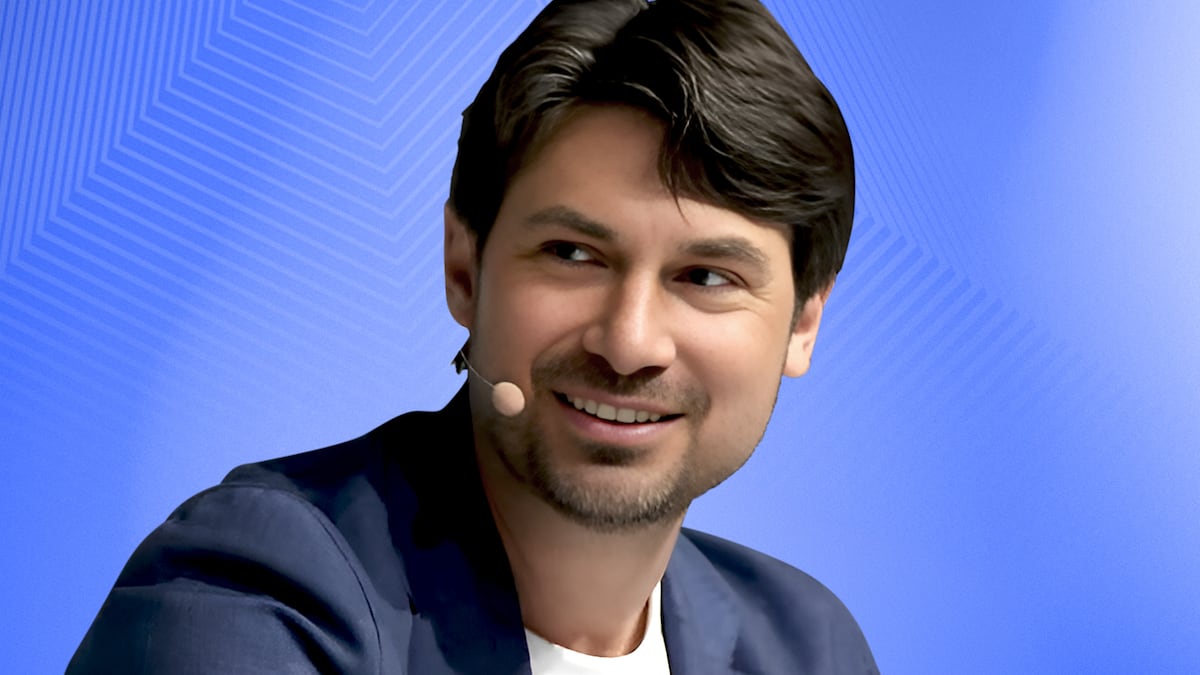KuCoin is known as “the people’s exchange.” How has that mission evolved as you’ve scaled to over 40 million users?
We’ve stayed true to that mission by listening to our users — offering the coins they want, the features they care about, and maintaining a secure, stable platform.
That’s what keeps people coming back.
Would you say there’s a specific culture at KuCoin that helps attract and retain those users?
Absolutely. We’re very close to our users and have a strong research team. We don’t list just anything — we focus on high-potential projects that our users value.
KuCoin celebrated its seventh anniversary last year. What are you most proud of when you look back?
Becoming a truly global brand and building a secure, reliable platform. Earning our SOC 2 certification was a major milestone.
I’ve personally been a KuCoin user since 2017, so it’s been amazing to see that growth.
KuCoin has expanded into areas like futures, lending, and payments. How do you manage that complexity while staying focused?
It comes down to talent. We hire experts in each vertical. We started as a crypto exchange, but now we’re moving toward becoming a full fintech super app.
Of course, navigating regulatory hurdles is also a major part of what I do.
Why did KuCoin choose Austria for its MiCAR license application?
I’m a bit biased because I’m Austrian, but the country has a strong, respected regulatory framework. The people behind MiCAR include people with real crypto experience, which makes the dialogue productive.
There is also a solid talent pool thanks to Austria’s well-established crypto ecosystem.
Can you share more about your own background?
I was a qualified lawyer in Austria, and used to specialise in fintech and capital markets law. I got into crypto around 2016–17, when there were no clear rules.
I helped set up the early legal framework in Austria and served as General Counsel at Bitpanda before joining KuCoin.
Bitpanda is based in Europe, right?
Yes, it’s headquartered in Vienna. That’s how I built strong relationships with local regulators and law firms, which helped with licensing.
KuCoin recently settled with the US DOJ. How are you approaching global compliance moving forward?
Our new CEO, BC Wong, is a lawyer himself and is prioritising compliance globally. We already hold licenses in India, Turkey, and Thailand, and we’re actively working to obtain all the necessary licenses in every market we operate in.
In Europe, that includes MiCAR, MiFID II investment licenses, and e-money licenses, so we can offer our full suite of products.
With Canada extending its crypto regulatory deadlines — and Mark Carney now Prime Minister — are you rethinking your Canadian strategy?
That’s still under discussion. Given Canada’s close ties to the US and the ongoing regulatory shifts, we’re watching developments closely.
Personally, I hope these changes encourage Europe to take a more innovation-friendly stance.
Do you worry that future US administrations could reverse current crypto-friendly policies?
It’s possible, but the current pace of reform makes some of these changes hard to undo. Once the economic benefits become clear, it becomes much harder to walk them back.
What does the SOC 2 certification mean for KuCoin users?
It’s a globally recognised IT security standard that confirms our systems meet bank-level security requirements. You can’t just claim it — you have to be audited to receive and maintain it.
It shows our commitment to protecting our customers’ assets.
KuCoin also recently launched a licensed exchange in Thailand. What was that regulatory process like?
KuCoin Thailand is a separate and independent platform from KuCoin Global. KuCoin Thailand employs advanced technology licensed from KuCoin Global, a globally recognised leader in the cryptocurrency exchange space.
This licensing arrangement allows KuCoin Thailand to utilise the sophisticated technical solutions developed by KuCoin Global while maintaining operational independence.
I wasn’t directly involved, but from a European perspective, the Thai team moved fast and executed well. It sends a strong signal to regulators that we’re serious about compliance wherever we operate.
Earlier this year, KuCoin detected a supply chain attack. Can you elaborate on what happened?
While I wasn’t personally involved, here’s what the team has shared:
At 09:37 on February 12, 2025, KuCoin’s Security Threat Intelligence Center identified a malicious supply chain poisoning attack targeting Kraken. This was detected using our independently developed sandbox system.
To collaboratively address potential security risks and safeguard the crypto trading environment, we immediately shared this critical threat intelligence with Kraken to help protect user assets and uphold cybersecurity together.
What can the KuCoin community expect in 2025?
More great projects, more coins, and deeper web3 integrations. We also have some exciting collaborations coming up, so stay tuned.
Other exchanges have launched their own blockchains. Will we see something like KuCoinChain in the future?
We already have KCS, our platform token, which is heavily integrated into the KuCoin ecosystem. KCS already offers many meaningful benefits, and we’re working on making it even more valuable moving forward.


